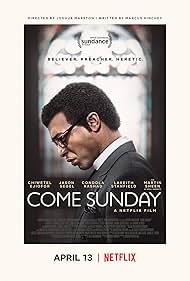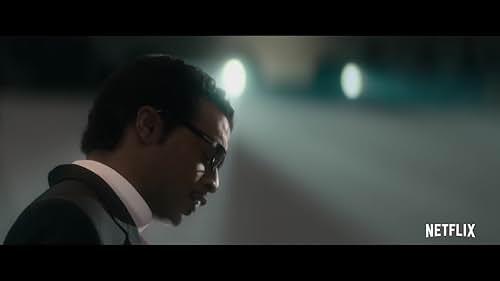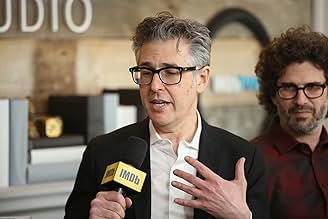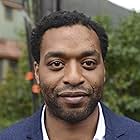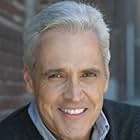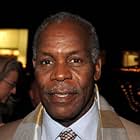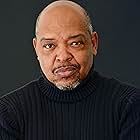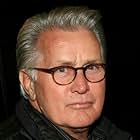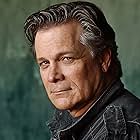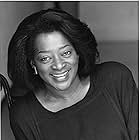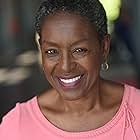IMDb RATING
6.0/10
2.6K
YOUR RATING
Evangelist Carlton Pearson is ostracized by his church for denying the existence of Hell.Evangelist Carlton Pearson is ostracized by his church for denying the existence of Hell.Evangelist Carlton Pearson is ostracized by his church for denying the existence of Hell.
LaKeith Stanfield
- Reggie
- (as Keith Stanfield)
Dola Rashad
- Gina Pearson
- (as Condola Rashad)
- Director
- Writers
- All cast & crew
- Production, box office & more at IMDbPro
Storyline
Did you know
- TriviaThe film was inspired by a radio interview with Bishop Carlton Pearson on an episode of NPR's "This American Life." The show's host, Ira Glass, was a producer on the film.
- Quotes
Carlton Pearson: Things are going okay, you skate by. When they're not, the sky falls in.
- ConnectionsReferenced in Flix Forum: Come Sunday (2020)
- SoundtracksI'm a Soldier in the Army of the Lord
Written by Kenny Gamble and Cecil D. Womack (as Cecil Womack)
Performed by Kevin Lemons and Higher Calling
Published by Warner-Tamerlane Publishing Corp. (BMI)
Featured review
I suspect that most people will evaluate this movie based on their personal belief systems. Fundamentalist Christians will hate it because it portrays a high profile Christian leader moving away from fundamentalism and into a universalist theological perspective. More progressive types will likely rate it higher for that same reason. The theology contained within it (such as Hollywood can really portray theology) is interesting. Certainly, the point gets made that the Bible can be used to defend either a fundamentalist (salvation through Jesus alone) perspective or a universalist (God saves everyone regardless of what they believe) perspective. I'll choose not to wade into the theological debate. Suffice to say that as a pastor I am neither fundamentalist nor universalist; I believe both perspectives (which make determinations about a person's eternal destiny) defy Jesus' instructions not to judge. I believe the gospel is intended to provide assurance in Christ without judgement on those outside Christ. I'll leave it at that.
As for the movie itself, it's the story of the faith journey of Carlton Pearson (played by Chiwetel Ejiofor.) A protege of Oral Roberts (Martin Sheen), Pearson was ordained by the Church of God in Christ (a fundamentalist, pentecostal-type denomination) and eventually became pastor of a mega-church of more than 5000 members in Tulsa, Oklahoma. But over the course of his ministry there, his theology began to change and he started to struggle with the concept of hell and divine punishment, eventually becoming a believer in universalism (or, universal reconciliation.) That led to a major split in his church and ultimately his being declared a heretic by the Joint College of African American Pentecostal Bishops.
I disagree with where Pearson's theology took him, but I can nevertheless admire his willingness to stand for what he believed in the face of the incredible pressure that was brought to bear on him to recant. It certainly showed how difficult both theologically and personally it would be for a pastor to radically change his or her views. It not only caused problems within the church and had repercussions for Pearson's career, it also ended relationships and turned friends into enemies. It's interesting to trace Pearson's theological journey, but there's no real "excitement" to the story. It's simply biographical. If I were to hazard a guess I would say that the perspective of those who made the movie (it's a Netflix production) is sympathetic to Pearson, although the portrayal of Oral Roberts was, I thought fair and balanced.
This will probably be of most interest to those who have a theological interest in universalism. (6/10)
As for the movie itself, it's the story of the faith journey of Carlton Pearson (played by Chiwetel Ejiofor.) A protege of Oral Roberts (Martin Sheen), Pearson was ordained by the Church of God in Christ (a fundamentalist, pentecostal-type denomination) and eventually became pastor of a mega-church of more than 5000 members in Tulsa, Oklahoma. But over the course of his ministry there, his theology began to change and he started to struggle with the concept of hell and divine punishment, eventually becoming a believer in universalism (or, universal reconciliation.) That led to a major split in his church and ultimately his being declared a heretic by the Joint College of African American Pentecostal Bishops.
I disagree with where Pearson's theology took him, but I can nevertheless admire his willingness to stand for what he believed in the face of the incredible pressure that was brought to bear on him to recant. It certainly showed how difficult both theologically and personally it would be for a pastor to radically change his or her views. It not only caused problems within the church and had repercussions for Pearson's career, it also ended relationships and turned friends into enemies. It's interesting to trace Pearson's theological journey, but there's no real "excitement" to the story. It's simply biographical. If I were to hazard a guess I would say that the perspective of those who made the movie (it's a Netflix production) is sympathetic to Pearson, although the portrayal of Oral Roberts was, I thought fair and balanced.
This will probably be of most interest to those who have a theological interest in universalism. (6/10)
- How long is Come Sunday?Powered by Alexa
Details
- Runtime1 hour 46 minutes
- Color
- Aspect ratio
- 2.35 : 1
Contribute to this page
Suggest an edit or add missing content

